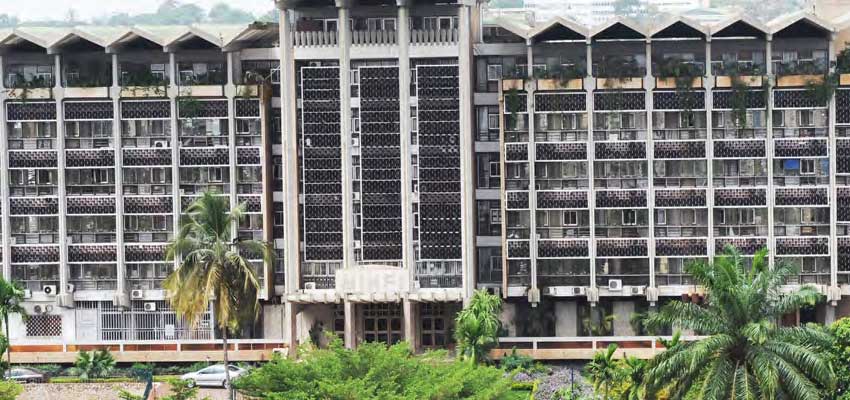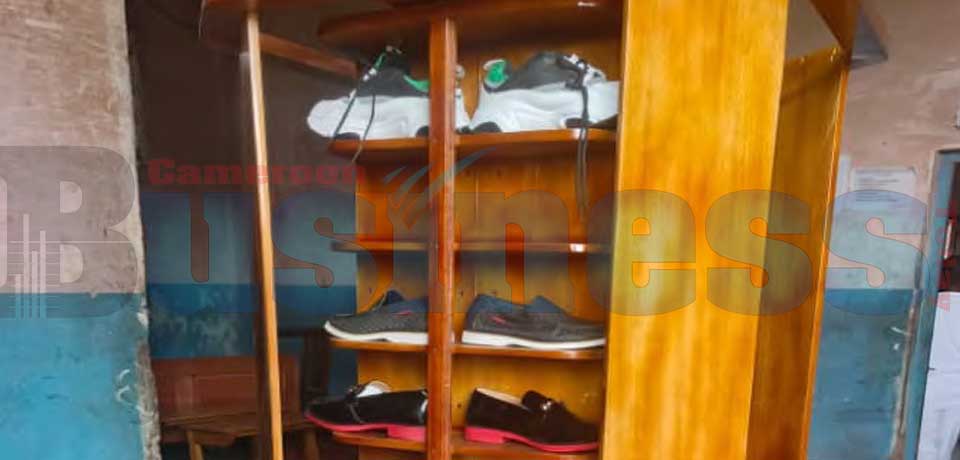The proposed State budget of FCFA 4, 951.7 Billion contained in the 2020 Finance bill has been vetted and approved by the parliament pending promulgation by the President of the Republic.
The year 2019 was to say the least not a bed of roses for the country which wrestled with a series of challenges including socio-political and security crisis in two of its regions, humanitarian situation and exogenous factors like trade war between the USA and China, unstable prices of crude oil and commodities prices. These factors greatly affected the local economy in one way or the other. Thus, the 2020 Finance Bill already adopted at the National Assembly and the Senate contains several innovations aimed at ensuring economic growth. In fact, the 2020 State budget which stands at FCFA 4,951.7 billion witnessed a drop of FCFA 260.3 billion or 5 per cent in relative terms compared to that of 2019 financial year which stood at FCFA 5, 212 billion. This, the Minister of Finance, Louis Paul Motaze underlined while defending the budget at the National Assembly that the government proposed a realistic budget taking into account the macroeconomic context marked by a slowdown in global growth due to trade tensions, as well as persistent socio-political and security crisis and satisfactory implementation of the Economic and Financial Programme concluded with the IMF. The 2020 Finance Bill thus presents striking innovations on fiscal and customs policy with increased duty on exports and imports of certain goods in view of protecting the local industry as well as ensuring the wellbeing and protection of the population.
Protecting Local Industry
The Finance Bill which is pending promulgation into law provides for an increase from 5 to 10 per cent of some locally produced products whose demand is yet to be fully satisfied by the local industry. Mining products like diamonds, gold are concerned
while agricultural products such as rice crude palm oil, millet, sorghum, Gnetum Africanum (Eru/Okok) are also concerned with the new custom duty. This innovation also aims at discouraging massive importation of products such as rice, fish which weighs heavily on the balance of trade of the country.
The 2020 Finance Bill which will eventually become law after its promulgation, provides in its explanatory statement that new customs measures contained in the legal instrument re designed to protect corporate citizens through export duty measures aimed at promoting local processing of raw materials.
Incentives for Private Investments
Cameroon has taken a commitment to encourage private investment initiatives. This, is done through the gradual and steady improvement of the business climate in the country.
As part of the incentive package, the government envisages downward adjustments on ceiling rates on head office expenses, technical, accounting and financial assistance, to better control the basis of assessment of corporate tax and promote the expertise of local enterprises. It also provides for the three-year tax exemption on employer contributions and salaries which will be extended for the recruitment of young people aged below 35, in other to promote youth employment.
Rehabilitation of Affected Regions
It is worth mentioning that Cameroon’s Far North, North West and South West Regions have seen some basic economic and social infrastructure destroyed by the Boko Haram terrorist group and the armed secessionist groups respectively within the past few years warranting the need of FCFA ...


















Commentaires